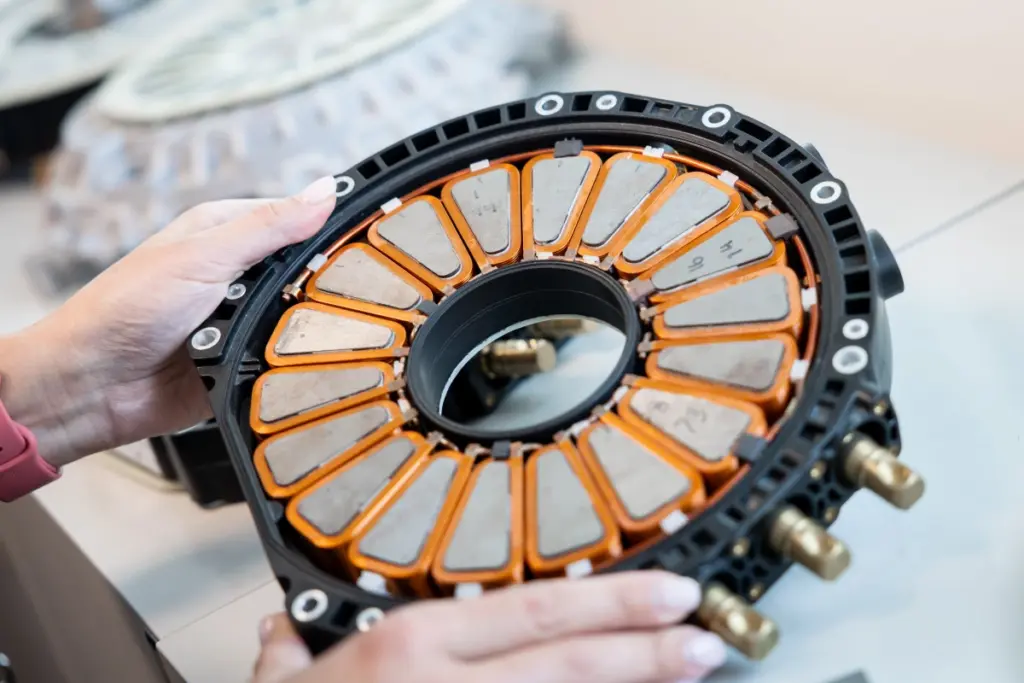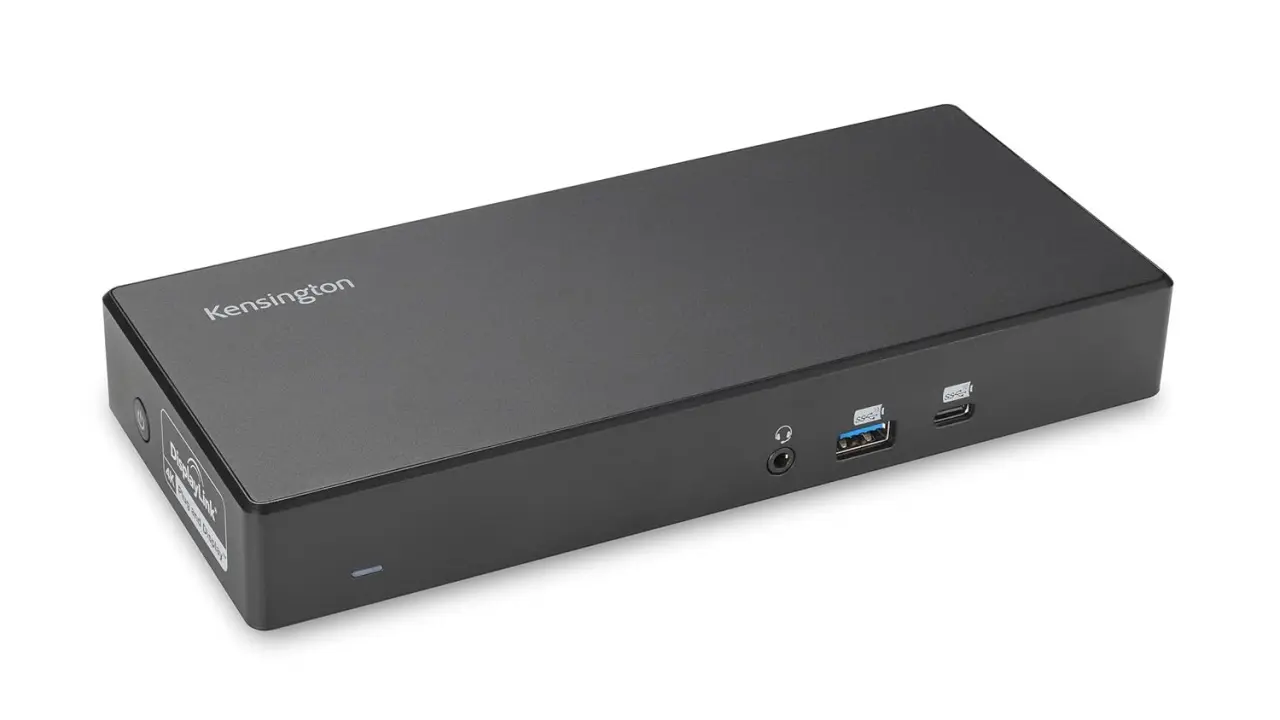
British electric motor specialist YASA has set a new benchmark in power density with its latest axial flux motor prototype, generating an impressive 550 kW (738 hp) while weighing only 13.1 kg (29 lb). This milestone marks a significant achievement in the electric vehicle sector, as YASA claims the prototype has reached a power density of 42 kW/kg, a figure the company believes to be the highest recorded across any application.
The announcement comes shortly after YASA showcased its technology integrated within a high-performance Mercedes supercar. The prototype’s performance not only highlights YASA’s engineering capabilities but also demonstrates its potential to redefine expectations for electric motors in automotive applications. YASA has indicated plans for further testing in the upcoming weeks, which could solidify its standing in the industry.
Setting New Standards in Electric Motors
YASA’s achievement surpasses previous records held by other manufacturers. For context, high-density motors have typically achieved figures around 5 kW/kg, with some recent advancements reaching up to 15.8 kW/kg from Donut Labs, 13.4 kW/kg from H3X, and 13.3 kW/kg from Equipmake. YASA’s new figure is nearly double the previous industry high, highlighting the company’s innovative edge in a competitive market.
In comparison, the only motor that has surpassed the halfway mark of 21 kW/kg is the 28 kW/kg variant from Evolito, a spinoff of YASA focusing on aerospace applications. This fact places YASA’s accomplishment into perspective, given that many high-density motors are designed for aerospace, where power-to-weight ratios are critical for performance.
Prototype Design and Production Potential
While YASA cautions that the record-breaking motor is still in prototype form, the company emphasizes that it is designed for mass production. Notably, the motor does not rely on exotic materials, such as cobalt-iron laminations or 3D-printed components, which can complicate scaling. YASA aims to produce between 10,000 and 50,000 units annually at a viable cost.
“This is the first in a series of YASA technical breakthroughs planned for release over the coming months,” the company stated in its announcement, hinting at additional innovations expected this autumn and into 2026. As YASA continues to push the boundaries of electric motor technology, industry observers are eager to see what future developments will emerge.
The latest achievement not only cements YASA’s position at the forefront of electric motor innovation but also sets a new standard for the automotive industry, where efficiency and performance are increasingly crucial. With ongoing research and development, the company is poised to play a pivotal role in the evolution of electric mobility.







